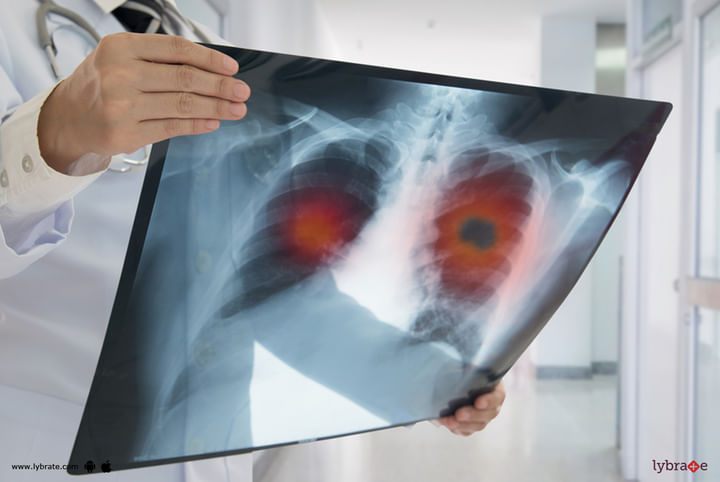Lung Cancer Screening - What's The Risk Of It?
One of the major causes of death worldwide is lung cancer and it has been continuously affecting men and women accounting for about 150,000 deaths every year. Astonishingly, this figure is more than the combined death rate of the next three kinds of cancer, namely, colon, breast, and pancreatic cancer.
As with any type of cancer, lung cancer to has increased life expectancy when diagnosed in the earlier stages. Thus, being informed about the causes and signs of this deadly disease becomes critical to treat the condition.
The prevalent causes
The major risk factor for lung cancer is smoking and second-hand or passive smoking. The risks are increased when the smokers are exposed to other potential risk factors such as getting exposed radon and asbestos.
Who should be screened?
- As said earlier, cancer when diagnosed early has an increased success rate for a cure.
- Most people do not admit that they are vulnerable to lung cancer and this mindset has to be changed first and foremost.
- There are many people who would benefit from an early diagnosis. This is because the modern medical procedures are highly beneficial in changing the lives of the affected, for better.
- People, who are avid smokers or have a history of smoking, should always opt for lung cancer screening.
- In this regard, it should be kept in mind that people, who have stopped smoking for the last 15 years, should also be tested.
- People belonging to the age group of 55-80 and who have smoked in the past should also come under the screening procedure.
Who should not be tested and why?
Lung cancer is a ghastly disease, but still, it is advised that everyone should not be screened. These tests involve a lot of risks, which are indeed severe.
- The first risk is the false-positive test result wherein the test confirms that the patient is suffering from the disease, but he is not.
- The second risk is over-diagnosis where the cancer is at a benign stage, but there are unnecessary treatments considering it to be dangerous.
Lastly, there is the risk of exposure to radiation.
So, who is the right candidate?
Now the question arises, who should be asked to screen themselves for lung cancer? Or, when is the ideal time to for screening? Because of the risks associated with CT scanning and the chances of doing more harm than good to people who are not prone to having lung cancer, the doctors recommend screening to only those people who are at high risk. Unfortunately, the symptoms of this disease are almost nil in number. To be an ideal candidate for screening, the patient should be in good health and should have a smoking habit as mentioned above.



+1.svg)
